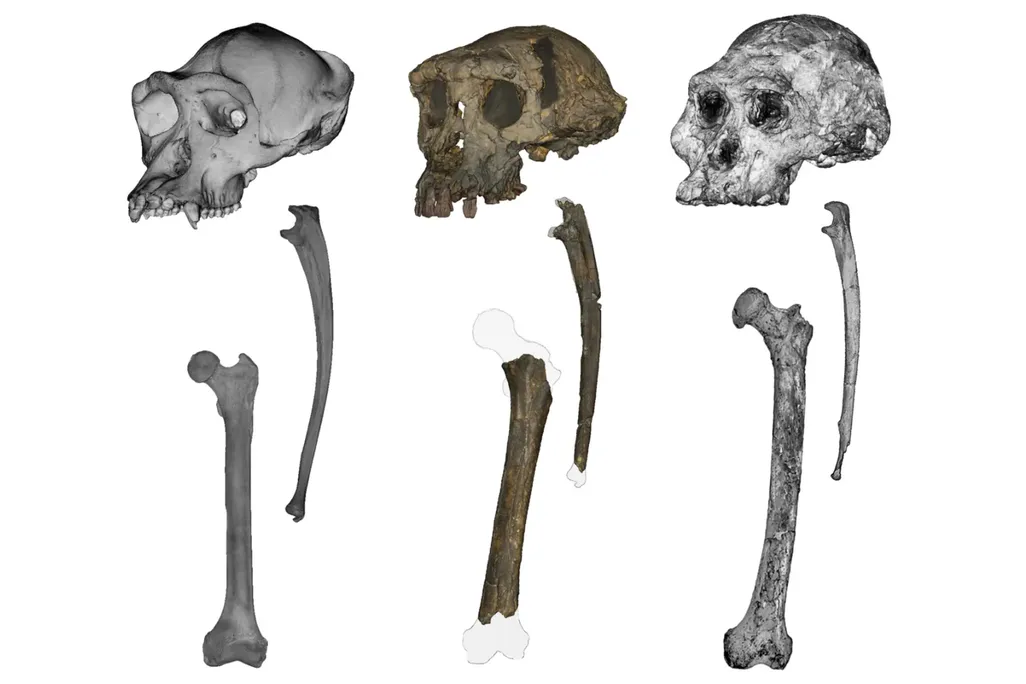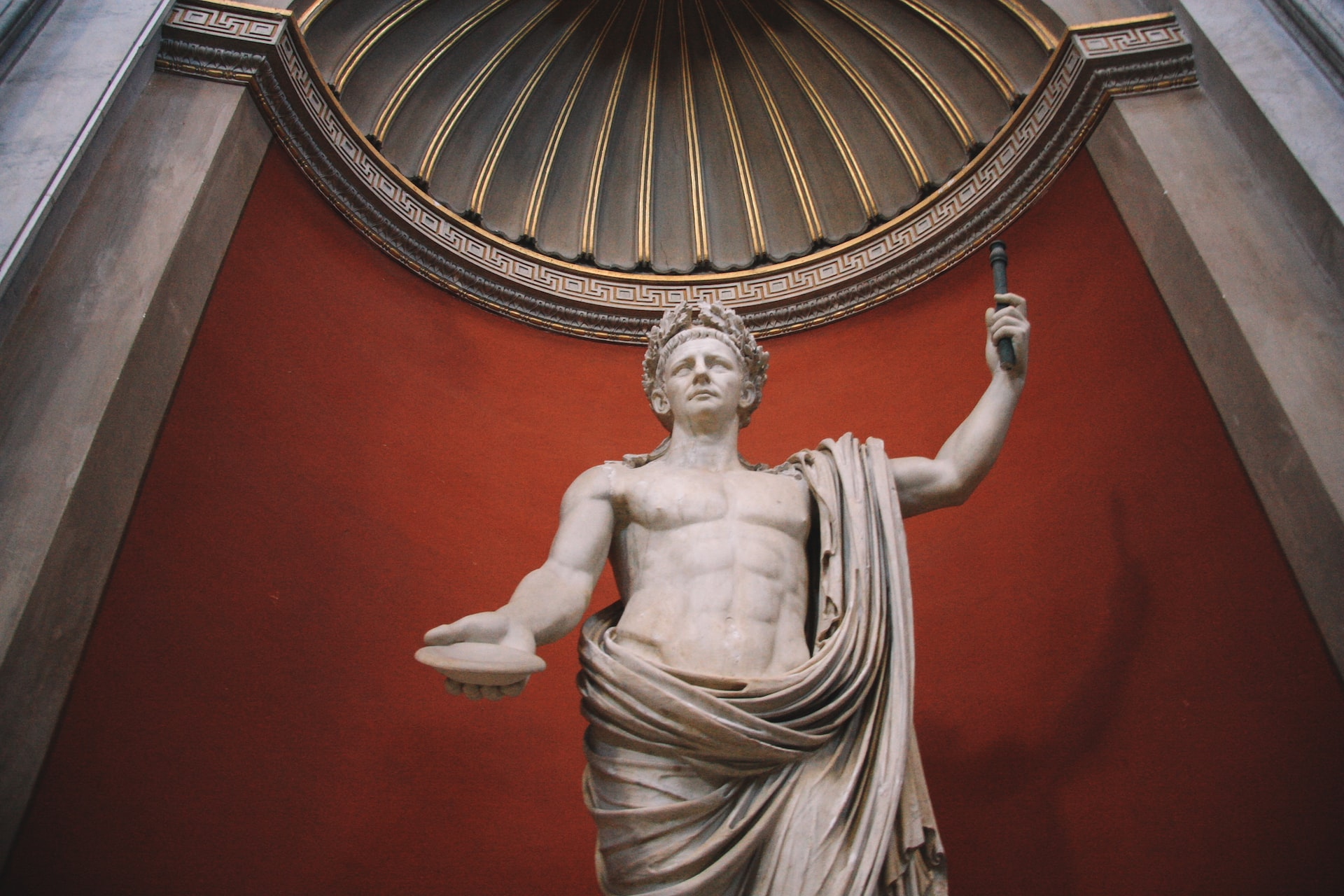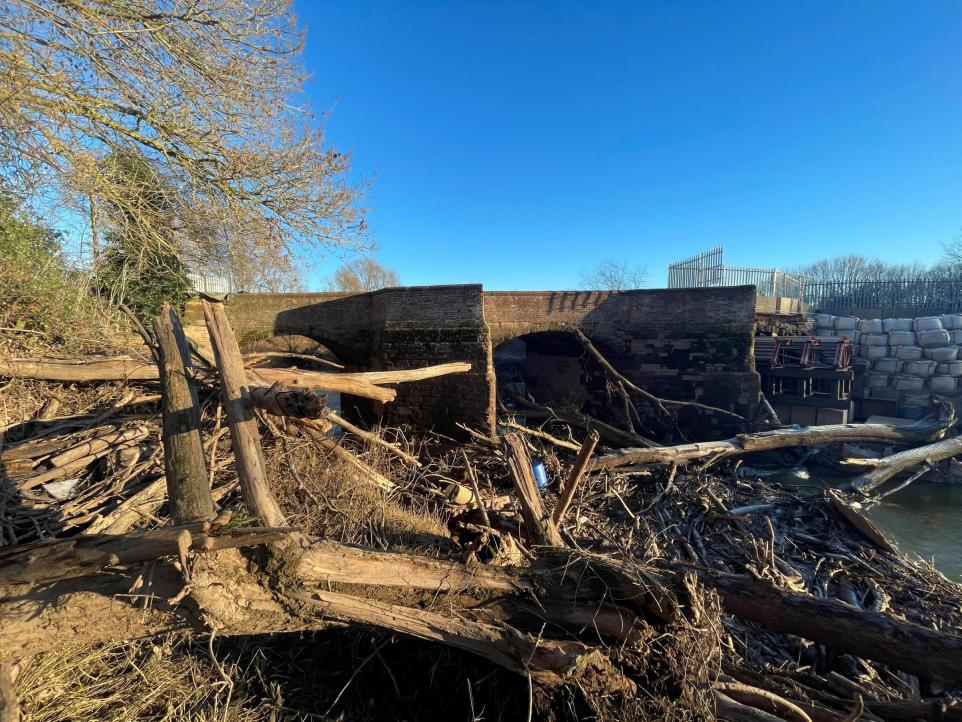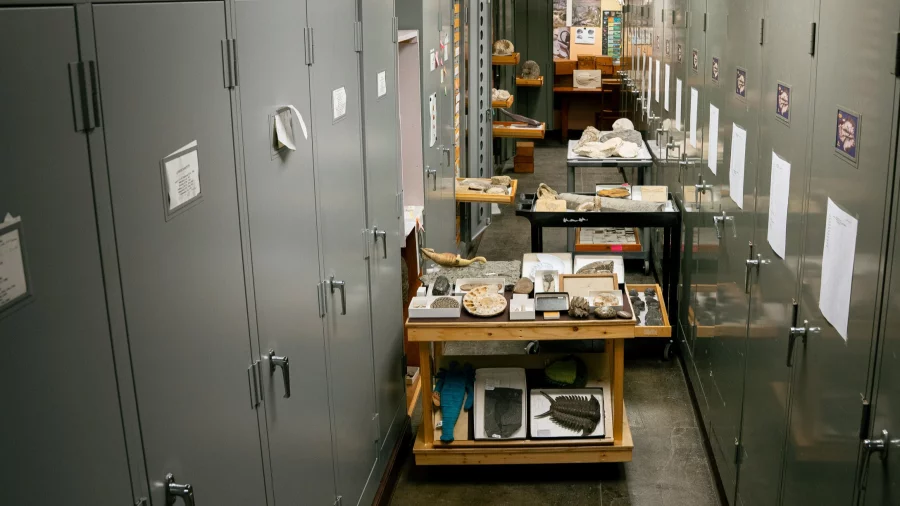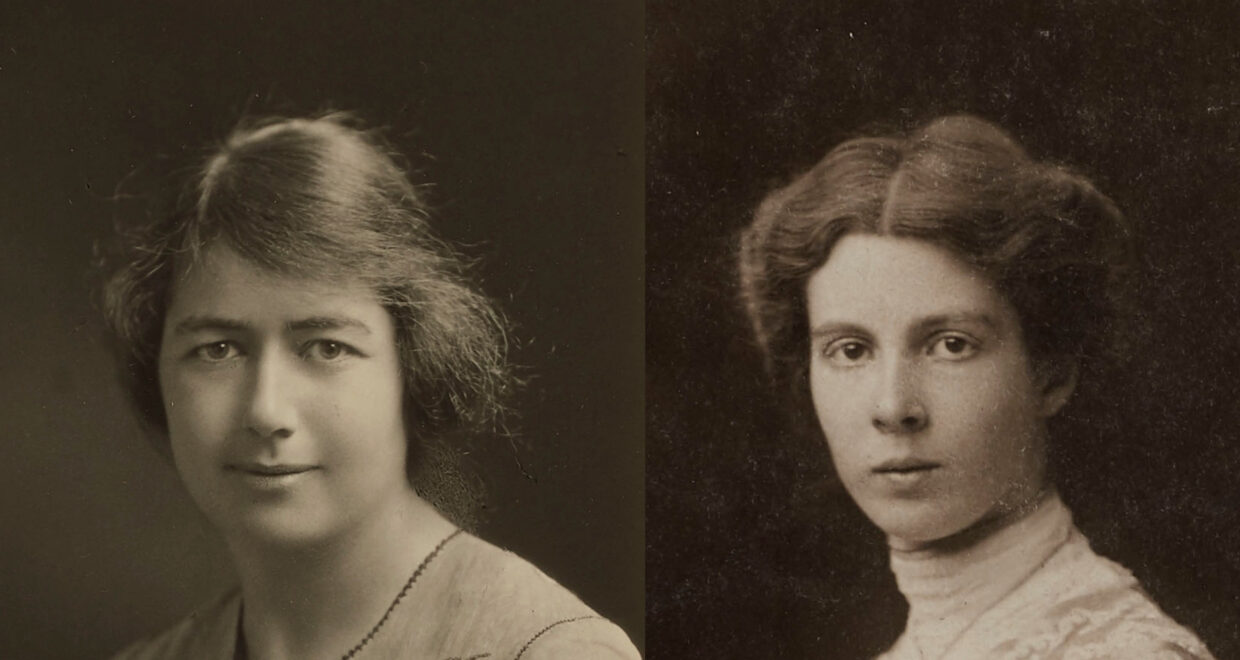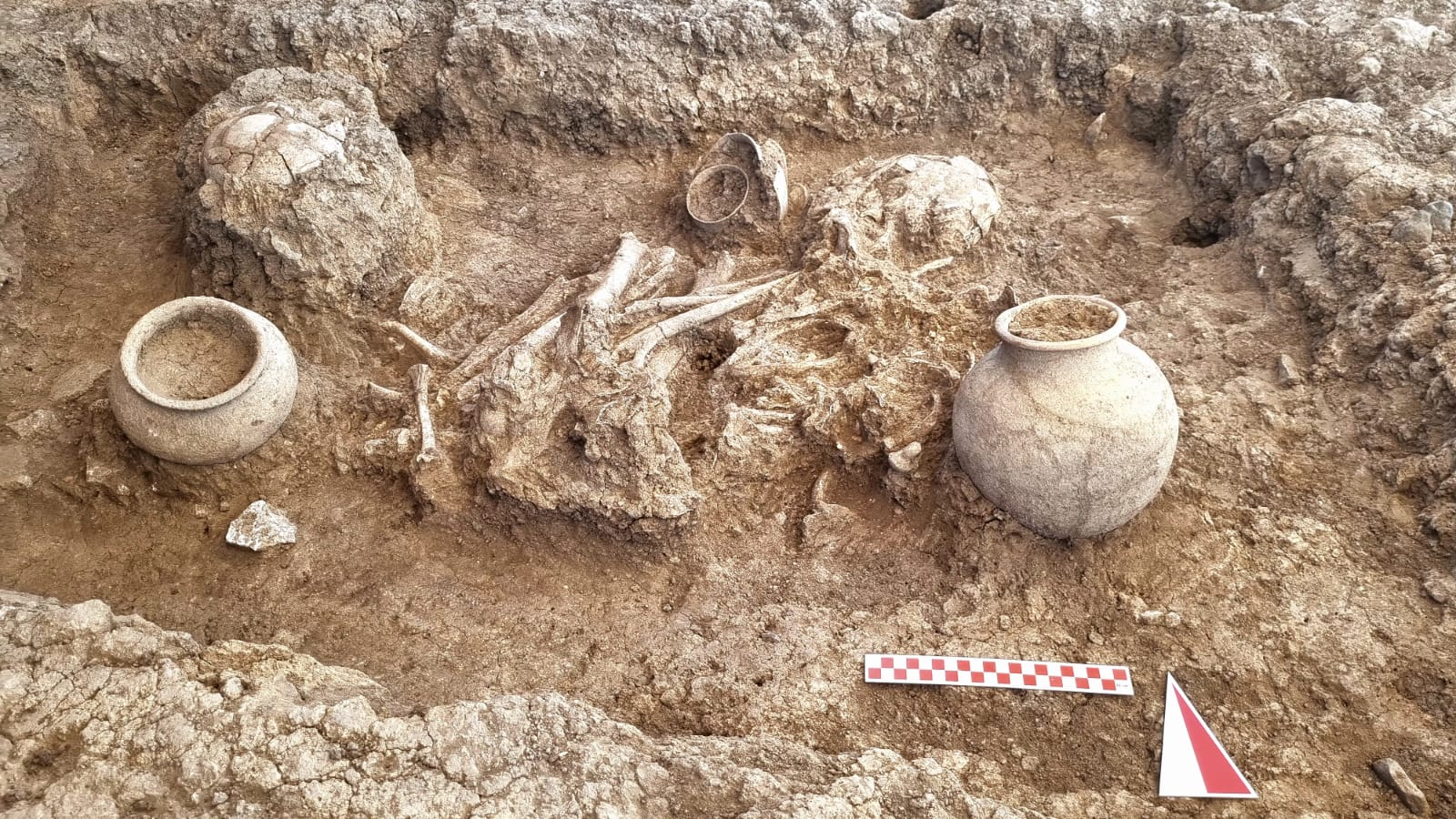Many historians accept that the modern Romanians (and Moldovans) are the last remaining descendants of the Romans in the Balkan Peninsula and Eastern Europe, and today we're going to look at the origin and history of the Romanian people and their relation to other Italian peoples in the Balkan peninsula today.
The question of whether Romanians are the "last real descendants" of the Roman Empire in the Balkans is a complex and nuanced topic, involving historical, cultural, linguistic, and genetic aspects. It's important to approach this with the understanding that national and ethnic identities are often the result of a long and multifaceted history, shaped by numerous factors over centuries.
Historical Context
The Roman Empire expanded into the region that is now Romania during the 1st and 2nd centuries AD. The province of Dacia, roughly corresponding to modern Romania, was heavily colonized and Romanized, resulting in a significant cultural and linguistic impact.
While the Western Roman Empire fell in the 5th century, the Eastern Roman Empire, centered in Constantinople (modern-day Istanbul), continued for another thousand years. The influence of the Byzantine Empire was substantial in the Balkans, including in areas that are now part of modern Romania.
Cultural and Linguistic Aspects
Romanian is a Romance language derived from Latin, indicating a strong Roman influence. It is distinct among other Eastern European languages, which are primarily Slavic. This linguistic connection is often cited as a key indicator of the Roman heritage in Romania.
Beyond language, various aspects of Romanian culture, from legal systems to architectural styles, have been influenced by Roman and later Byzantine traditions.
Genetic Considerations
Modern genetic studies show a complex picture. Like most European populations, Romanians are genetically diverse, reflecting various historical migrations and influences. While there is a genetic component that can be traced back to Roman times, it's part of a broader mosaic.
Perspectives and Interpretations
The idea of Romanians being the direct descendants of the Romans is part of national narratives and identity. However, historians and archaeologists often caution against simplifying the past based on modern concepts of nationality and ethnicity.
The Balkans have a very complex history with diverse influences—Roman, Greek, Slavic, Ottoman, and others. Each modern nation in the Balkans has its own unique historical trajectory and mix of cultural influences.
Scholarly opinions vary, with some emphasizing the continuity of Roman heritage in Romania while others highlight the diverse influences that have shaped the region.
Conclusion
While Romanians undoubtedly retain significant elements of Roman heritage, especially linguistically, they are part of a broader historical and cultural tapestry of the Balkans. The legacy of the Roman Empire is a shared heritage among many nations in the region, and each has its own unique relationship with this past. It's essential to recognize the fluidity of historical and cultural identities and the interplay of various influences over centuries.

